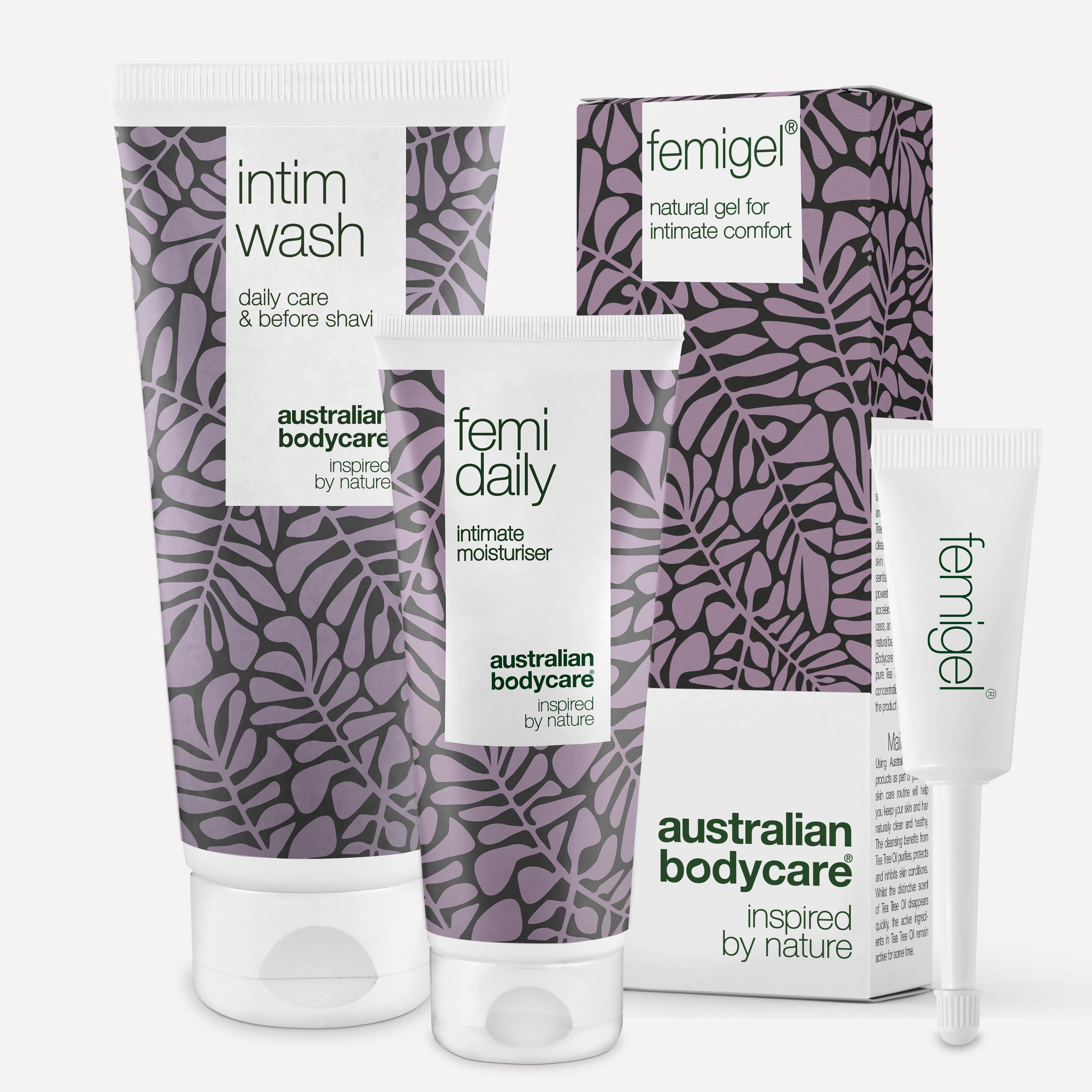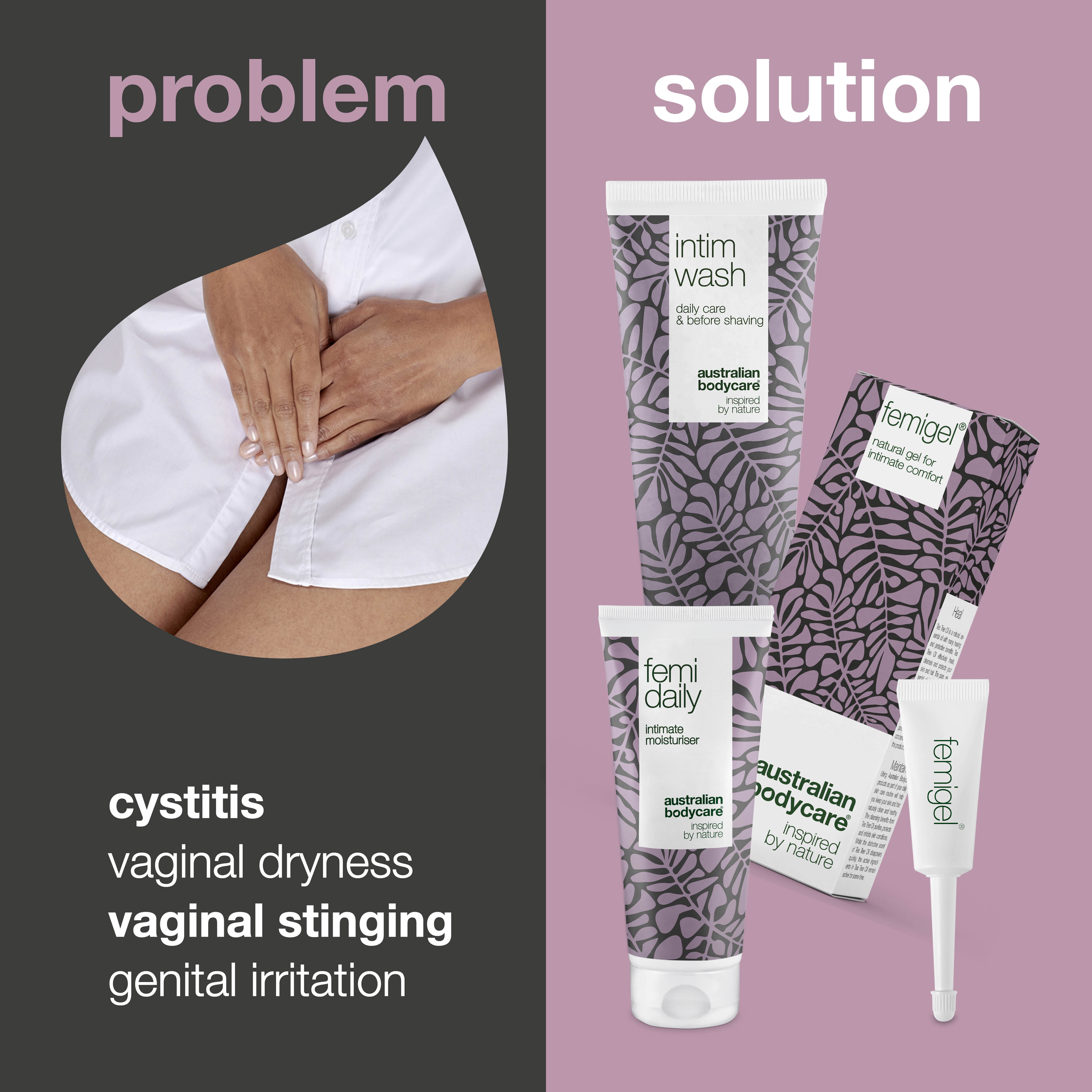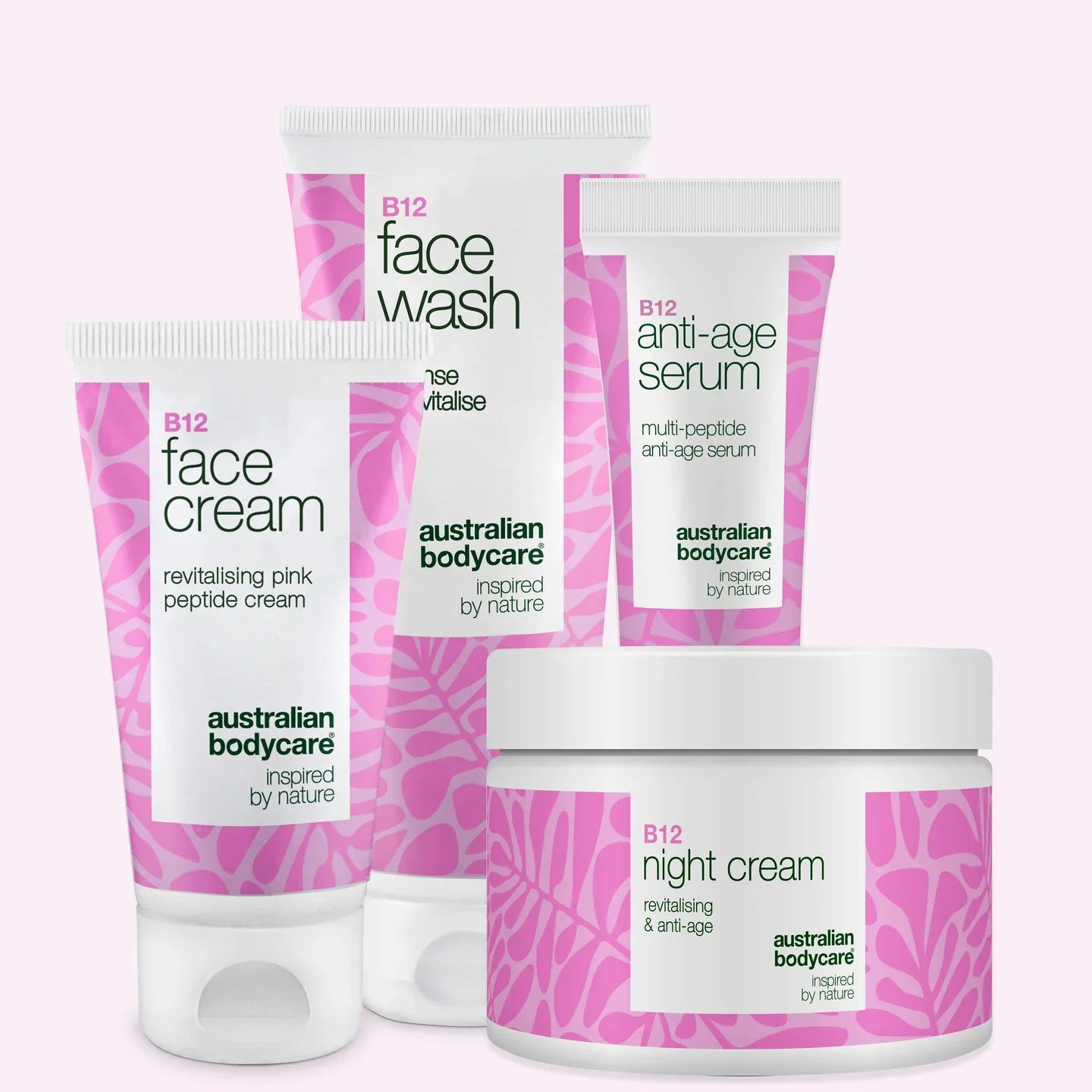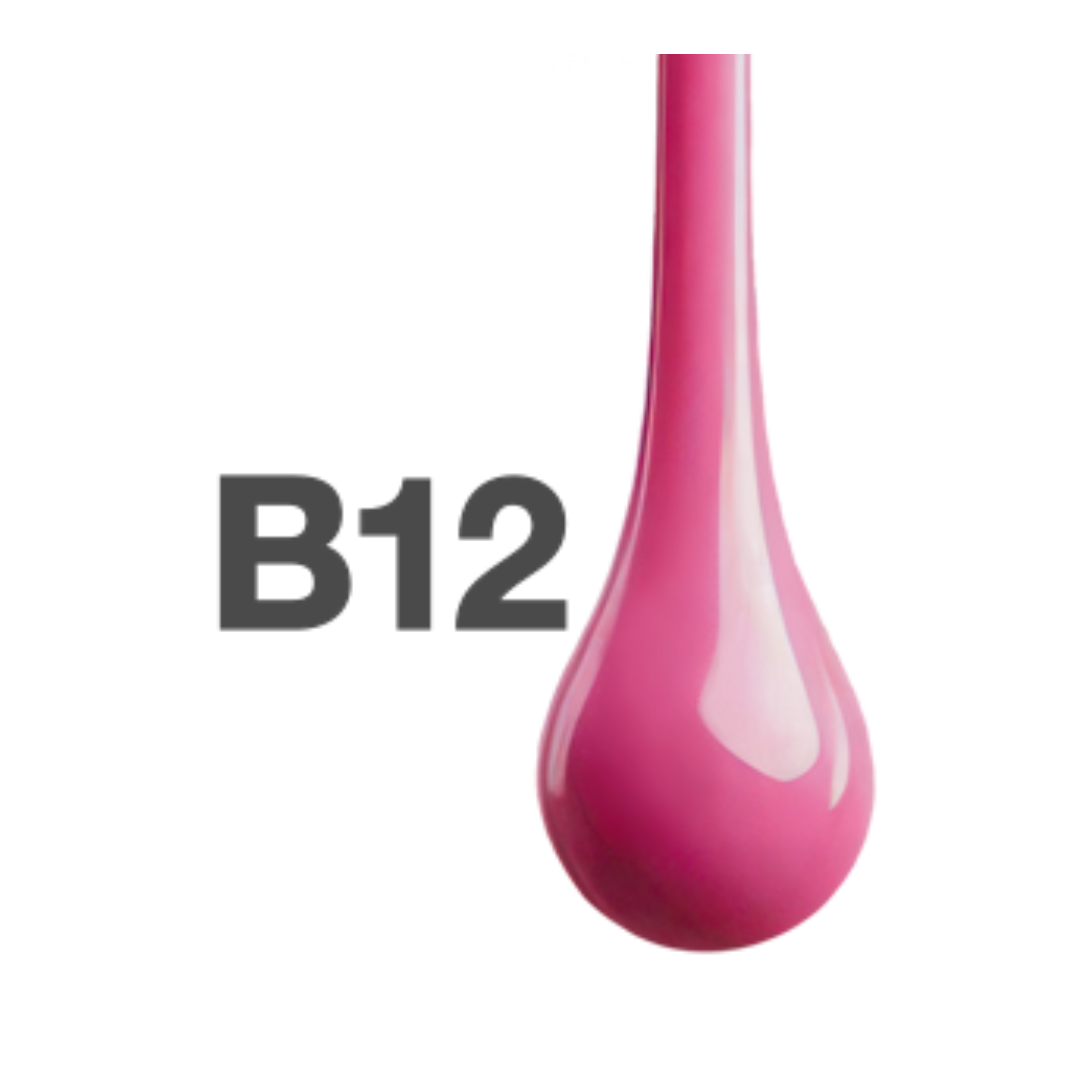Pain After Intercourse – Why Does It Sting After Sex and How Do You Avoid It?
Sex should be about pleasure and enjoyment. However, for many women, enjoyment in sex can be diminished by pains in the genital area. There are many good and beautiful things about having sexual intercourse with the one you love, but unfortunately, for many women, the experience can be spoilt by stinging and irritation.
Go to: Relieve Pain After Intercourse
Because the skin on and inside your genitals is extra sensitive it does not take much to upset its natural balance, so that the skin can become irritated or infected with bacteria. Pain after intercourse can be quite harmless, but it can also be a sign of something more serious.
The guide below gives an overview of what can cause pain after intercourse and what you can do about it.
Table of contents
Pain After Intercourse
During sex and in the hours that follow, you may experience a burning, stinging or painful sensation. This stinging sensation can also make you feel like you constantly need to urinate, even though your bladder is empty.
If you are experiencing this soreness after sex, you’re definitely not alone. It effects many women, which unfortunately means many end up feeling apprehensive about having intercourse, even with a partner they love.
This can cause real intimacy problems in your relationship and become a great source of frustration.
Causes of Vaginal Soreness
There are many reasons why you may experience stinging in your vagina after intercourse. Below is and overview of some of the more serious causes of vaginal soreness after sex. Fortunately, these are quite rare; usually the pain is due to a completely harmless condition like simple vaginal irritation.
Vaginal Fungal Infections
80% of fungal infections of the mucus membrane of the vagina are caused by the yeast Candida albicans. Yeasts are naturally occurring, but infections can occur when the natural balance of bacteria and the yeasts change. When this occurs the yeasts can grow and spread.
The natural balance of the vagina may be disturbed by many things, including semen from sexual intercourse. The vagina is naturally acidic, while sperm is neutral on the pH scale – this can sometimes lead to a reduction in lactic acid and bacteria levels in the vagina allowing the yeasts to multiply, resulting in itching and burning sensations in the vagina.
If you have a vaginal fungal (yeast) infection, you should also be aware that you can potentially transfer it to your partner through intercourse. However, this is very rare. Only women can infect men, not the other way around. On basis of this fungal infections are not considered sexually transmitted diseases.
Our Femigel applied to the external genitals will remedy the itching and irritation.
Chlamydia and Gonorrhea
Sexually transmitted diseases Chlamydia and Gonorrhoea are bacterial infections of the sex organs. Both present similar burning and stinging symptoms in the vagina and you may also experience soreness when urinating.
Generally, the pain caused by Chlamydia is comparable to the stinging feeling of being cut by glass. Even if you do not have excruciating pain in the vagina after sex, you may still have Chlamydia which can also infect the urethra, cervix or rectum.
Genital Herpes (Herpes Genitalis)
Pain during or after sex can also be a sign of the viral infection, Genital Herpes. A sexually transmitted disease that is spread from mucosa to mucosa. Herpes can cause major irritation and burning sensations in and around the vaginal entrance.
Once the herpes virus has infected your body, it will never leave. The herpes virus may stay latent within the body and never cause symptoms. Outbreaks of herpes, however, appear as blisters that will pop and become sore. They tend to form on the labia and just within the entrance of the vagina, making them a source of great discomfort and burning sensations.
Allergies
If you experience pain after intercourse, this could be an allergic reaction. Particularly if you and your partner use of latex condoms, the latex can cause severe discomfort to the vagina with burning, rashes and itching. Many women cannot tolerate latex in contact with their sensitive vaginal area, and therefore their bodies can react severely.
Also, if you and your partner use lubricant oil or Vaseline during intercourse, this can explain why you feel pain during and after sex. These substances can irritate the mucous membranes in the vagina.
Vaginal Irritation after Intercourse
Although there are many serious causes of pain after sex, usually the pain is due to a mild case of vaginal irritation. Irritation in the vagina often occurs when the mucous membranes are too dry or are damaged by natural bacteria from your sexual partner.
Just like the skin on rest of your body can feel irritated when dry, when the mucous membrane in the vagina is dehydrated, it too becomes sensitive and irritated. Dry mucous membranes are at a greater risk of being scratched and chafed, which may cause soreness and pain during intercourse.
Why do mucous membranes dry out? The mucous membranes are moistened naturally when the body forms oestrogen in the ovaries. Your ovaries will continue to produce oestrogen from puberty up to menopause. The mucous cleans the vagina naturally and oestrogen helps to create the mucous.
After menopause, the mucous membrane begins to dry out slightly, which can cause a burning and stinging sensation.
However, dryness in the vagina and vaginal irritation is a problem for many women who have not yet reached menopause. This can sometimes be caused by taking contraceptive pills, other medicines or from imbalances within the vagina and can affect women of all ages and is therefore a major problem. When the dry mucous membrane is exposed to friction during sexual intercourse, they can split, this is the most common cause of vaginal pain after sex.
Relieve Pain After Intercourse
The painful, irritating feelings may disappear by themselves after sex, but in many cases, you will need to find a treatment to fully eradicate the pain. You can help prevent damage from friction by using Australian Bodycare’s Intim Glide. Intim Glide is a water-based gel with natural active ingredients that adds lubrication during intercourse and reduces friction.
The fear of pain can kill your libido, but with the right treatment you can enjoy sex with your partner again. The natural ingredients are effective against itching and irritation, so you will not have problems with sores and lingering pain after sex.
Intim Glide is rich in Tea Tree oil, which has great anti-septic, anti-fungal and anti-bacterial properties. This means that it does not only moisturise your vagina to reduce friction, it also counteracts bacteria transmitted from your partner which can cause intimate discomfort. Generously apply the gel when you and your partner have sex, so that your entire genital area has enough lubrication to avoid any friction.
Prevent Soreness After Intercourse
Are you in a situation where your vagina continuously hurts after sex? You can remedy the problem with Femigel, which is a dermatologically tested gel containing active natural ingredients such as Tea Tree oil, just like Intim Glide. The hormone-free gel is specially formulated to relieve itching and burning sensations at the vagina.
The formula of natural and nutritious ingredients calms and cools the irritated skin around the vagina, so that it heals faster. If you experience quite severe pain, use the gel twice a day over a long period of time. If you experience mild pain, use the gel once a day.
In a four week trial Femigel has been clinically proven highly effective for many women with 9 out of 10 women reporting that Femigel eased vaginal soreness, itching and discomfort after sex.
Australian Bodycare Femi Daily is also a good supplement for treating vaginal pain. As with many things, the best treatment is always prevention, and that’s exactly what Femi Daily has been developed for. With the natural ingredient Tea Tree Oil you are well-protected from bacteria and kept comfortably moist and pain free every day, all day.







